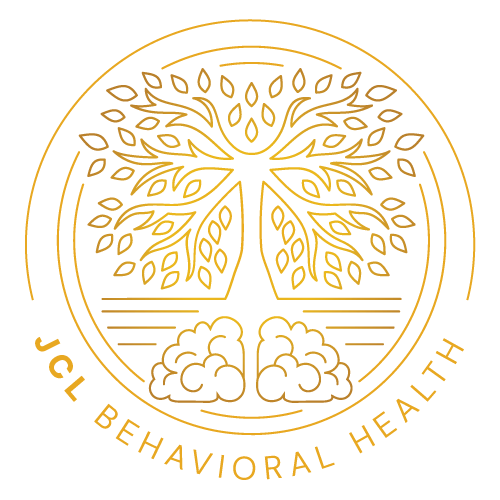Mood Disorders
- Home
- Mood Disorders
Mood disorders encompass a broad range of mental health issues that primarily affect a person’s emotional state. These disorders can cause significant shifts in mood, energy levels, and behavior. Common mood disorders include Major Depressive Disorder, Bipolar Disorder, Cyclothymic Disorder, and Dysthymia (Persistent Depressive Disorder). These conditions can impact an individual’s ability to function in daily life and maintain relationships.

Signs and Symptoms of Mood Disorders
Depressive Symptoms
Persistent sadness or low mood, loss of interest in activities, significant weight loss or gain, insomnia or excessive sleeping, fatigue, feelings of worthlessness or excessive guilt, difficulty concentrating, and recurrent thoughts of death or suicide.
Manic Symptoms
Elevated or irritable mood, increased activity or energy, inflated self-esteem or grandiosity, decreased need for sleep, more talkative than usual, racing thoughts, distractibility, increased goal-directed activities, and involvement in risky behaviors.
Impulsivity
Blurting out answers before a question has been completed, difficulty waiting for one's turn, interrupting or intruding on others, and acting without thinking about the consequences.
Dysthymia (Persistent Depressive Disorder)
Chronic depression lasting for at least two years (one year in children and adolescents) with symptoms such as low energy, poor appetite or overeating, low self-esteem, poor concentration, and feelings of hopelessness.
Treatment Approaches
Medication
Mood stabilizers, antidepressants, and antipsychotics are commonly used to manage symptoms of mood disorders. Treatment may involve a combination of these medications to address the full spectrum of symptoms.
Psychotherapy
Cognitive Behavioral Therapy (CBT) helps patients identify and change negative thought patterns and behaviors. Dialectical Behavior Therapy (DBT) is effective for individuals with severe mood dysregulation. Psychoeducation provides information about the disorder and coping strategies.
Lifestyle Changes
Regular routines, healthy eating, regular physical activity, and adequate sleep are important for mood stability. Stress management techniques such as mindfulness and relaxation exercises can also help manage symptoms.
Support Groups
Peer support and sharing experiences with others who have similar conditions can provide emotional support and practical advice for managing mood disorders.
How We Can Help
JCL Behavioral Health provides integrated care for mood disorders, combining medication management, psychotherapy, and lifestyle support. Our experienced team of psychiatrists, psychologists, and therapists works collaboratively to develop personalized treatment plans that address the specific needs of each patient. We offer continuous monitoring and adjustments to treatment to ensure optimal symptom management. Our services include individual and group therapy, psychoeducation, and support for families. We aim to help patients achieve emotional balance, improve functioning, and enhance their overall quality of life.

Copyright ©2024 JCL Healthcare, All rights reserved. Powered by DeVops Align


